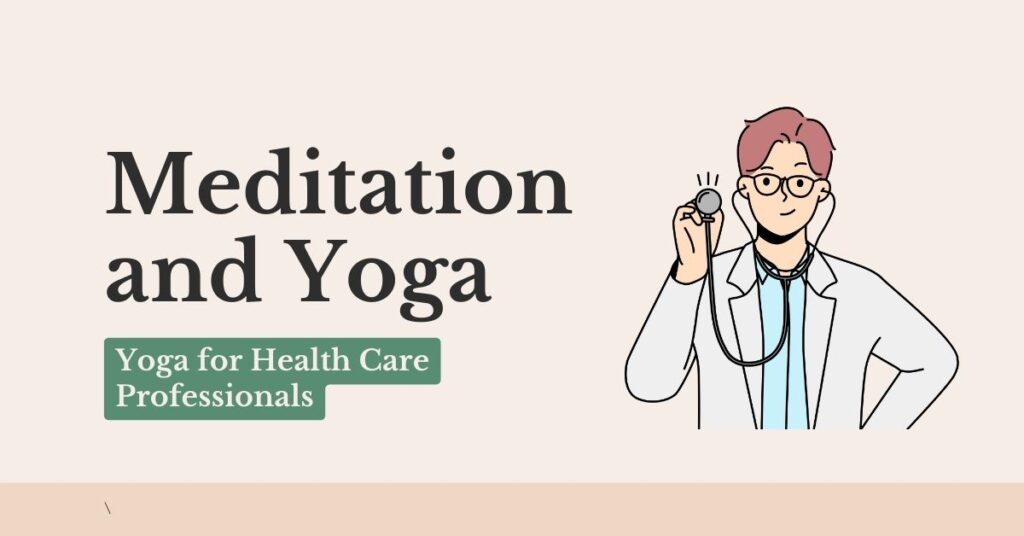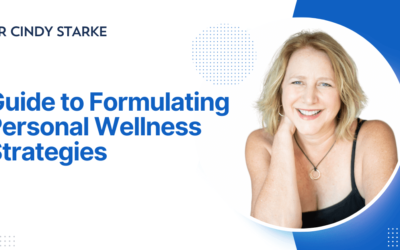Have you ever wondered how something as simple as sitting quietly and breathing could profoundly transform your life? Meditation isn’t just a spiritual practice reserved for monks in the mountains; it’s a scientifically backed approach that everyone can benefit from, especially those in high-stress professions like healthcare.
But the burning question remains: How often should you meditate to see the benefits? Imagine handling daily stress with a calmer mind, increased patience, and deeper resilience by meditating the right amount every week.
Table of Contents
What if I told you that creating a meditation routine that fits your schedule could significantly enhance your focus, reduce anxiety, and even improve your overall health? Keep reading to discover how to tailor your meditation practice to fit your busy lifestyle perfectly, ensuring you reap the maximum benefits without feeling overwhelmed.
Key Stress Factors in Healthcare and Their Impact on Meditation Needs
Working in healthcare is both incredibly rewarding and exceptionally demanding. Every day, healthcare workers face a multitude of stressors—from the emotional toll of patient care to the high demands of long shifts. These pressures not only affect their mental and physical health but also influence their need for effective stress management strategies, like meditation.

Understanding these unique stress factors is crucial in tailoring meditation practices that provide real relief. Whether it’s dealing with life-and-death decisions or managing the day-to-day operations of a medical facility, the right meditation routine can be a lifeline for those in the trenches of healthcare.
Tailoring Meditation Schedules for Busy Healthcare Professionals
For healthcare professionals, finding time for meditation might seem like yet another daunting task on an endless to-do list. However, its adaptability is the key to incorporating meditation into your busy schedule. You don’t need to carve out large chunks of time; instead, integrating short, focused sessions throughout your day can make a significant difference.
Whether it’s a five-minute breathing exercise between patient appointments or a 10-minute guided meditation during a lunch break, tailoring your meditation schedule to fit your work rhythm can enhance focus, reduce stress, and improve your overall well-being even amidst the chaos of healthcare environments.
Meditation is not a way of making your mind quiet. It is a way of entering into the quiet that is already there—buried under the 50,000 thoughts the average person thinks every day.” —
Deepak Chopra
The Importance of Regular Meditation for Effective Stress Management
Regular meditation is more than just a tool; it’s a transformational practice for managing stress effectively, especially in high-pressure environments like healthcare. Setting aside just a few minutes each day to meditate can significantly lower your stress levels, enhance your emotional resilience, and improve your ability to focus under pressure.
Study shows brief mindfulness program (7.5 hours of in-class instruction) reduces stress and anxiety in healthcare workers – Short, focused training offers significant mental health benefits in high-stress environments like healthcare
NIH Intramural Research Program
This consistency allows your mind to develop a habit of calmness, which can be particularly beneficial during unexpected crises or high-stress situations. When meditation becomes a staple in your daily routine, you equip yourself with a powerful ally in the battle against the overwhelming demands of a medical career.
Adapting Meditation Techniques for Various Daily Schedules
In the bustling world of healthcare, every professional’s schedule differs, calling for advanced meditation techniques that can be molded to fit any time constraint. Whether you have just five minutes before a shift starts or a 30-minute break in the afternoon, some methods can suit your specific needs.
From quick mindfulness exercises that refocus your energy and reduce anxiety to more in-depth sessions that delve into progressive relaxation or guided visualization, adapting these advanced techniques ensures that every healthcare worker can find mental reprieve, no matter how brief their free moments may be.
Quick Start: A 5-Minute Morning Meditation Routine
Beginning your day with a morning meditation routine can be a game-changer and doesn’t require much time. A 5-minute routine can establish a serene and focused mood for the day ahead. Focus on deep, controlled breathing, and visualize your day unfolding positively and efficiently.
This short session goes beyond just soothing the mind; it’s designed to equip you with renewed vigor and concentration to tackle the day’s challenges. Integrating this quick start into your morning can lead to profound changes in your personal and professional life, especially in a high-stress healthcare environment.
Supporting Your Meditation Practice with Nutritious, Quick Recipes
Balancing a demanding healthcare career with meditation is about finding time to sit quietly and nurturing your body with the right foods that enhance your practice. Quick, nutritious recipes can play a pivotal role in maintaining energy levels and focus, which is essential for effective meditation.
A Cleveland Clinic study found that a workplace meditation program resulted in a 31% reduction in stress and a 28% increase in vitality, with lasting effects indicating that participants developed long-term coping skills.
Cleveland Clinic
Whether whipping up a smoothie packed with antioxidants or preparing a snack rich in omega-3 fatty acids, these meals can help stabilize your mood and sharpen your concentration, allowing you to get the most out of every meditation session.
If you are a medical professional and going through any kind of mental problems, Book a FREE Breakthrough Call with Dr. Cindy
FAQs
Is it good to meditate every day?
Yes, it is good to meditate every day.
How long should I meditate to see results?
The duration of meditation for seeing results varies for each individual.
How often should a beginner meditate?
Meditation frequency for beginners varies, but starting with 5-10 minutes daily can be beneficial.
Is 20 minutes of meditation enough?
Yes, 20 minutes of meditation can be enough for a beneficial practice.
Additional Resources


![5 Emotional Wellness Goals [Expert Advice]](https://drcindystarke.com/wp-content/uploads/2024/07/Dr.-Cindy-Starke-Blog-Featured-Image-min-1-1-400x250.jpg)


0 Comments